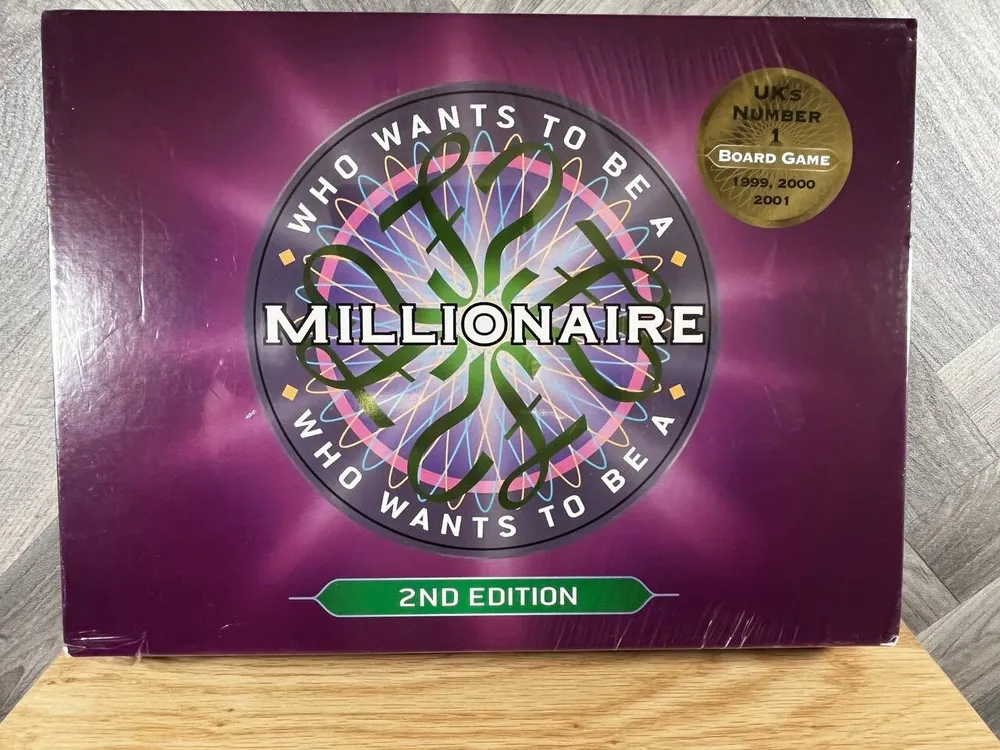Who Wants to Be a Millionaire (2000)
Who Wants to Be a Millionaire?
Who Wants to Be a Millionaire? is an international television game show franchise of British origin, created by David Briggs, Mike Whitehill, and Steven Knight. The show’s format sees contestants tackle a series of multiple-choice questions to win large cash prizes in a format that twists on many game show genre conventions – only one contestant plays at a time, similar to radio quizzes. The original version debuted on the ITV network in 1998, produced by Celador. The show has been around since 1998 and is now aired in over 160 countries around the world.
Why is Who Wants to Be a Millionaire? Popular?
Who Wants to Be a Millionaire? has been credited with single-handedly reviving interest in, and breaking new ground for, the television game show. It revolutionized the look and feel of game shows with its unique lighting system, dramatic music cues, and futuristic set. The show also became one of the most popular game shows in television history, and is credited by some with paving the way for the phenomenon of reality programming.
Game Components of Who Wants to Be a Millionaire
How To Setup Who Wants to Be a Millionaire
To set up the game, place the game board in the middle of the playing area. Shuffle and distribute the question cards according to their monetary values. Each player chooses a token and places it at the starting point on the board. Determine who goes first, either randomly or through a preliminary question.
Gameplay Mechanics and Game Objective
Player Experience
Playing Who Wants to Be a Millionaire is a thrilling experience that mimics the tension and excitement of the TV show. Players take turns answering questions, using lifelines strategically to avoid incorrect answers. The game is engaging and challenging, making it appealing to trivia enthusiasts and fans of the show.
Pros
Cons
Personal Thoughts on Who Wants to Be a Millionaire
Who Wants to Be a Millionaire is ideal for fans of trivia games and those who enjoy the TV show. It’s a great addition to any game night, providing both entertainment and mental stimulation. However, it may not be the best choice for those seeking fast-paced or highly dynamic gameplay. The game is perfect for groups of friends or family who enjoy competing in a quiz format.
We are supported by our audience. When you purchase through links on our site, we may earn an affiliate commission, at no extra cost for you. Learn more.

